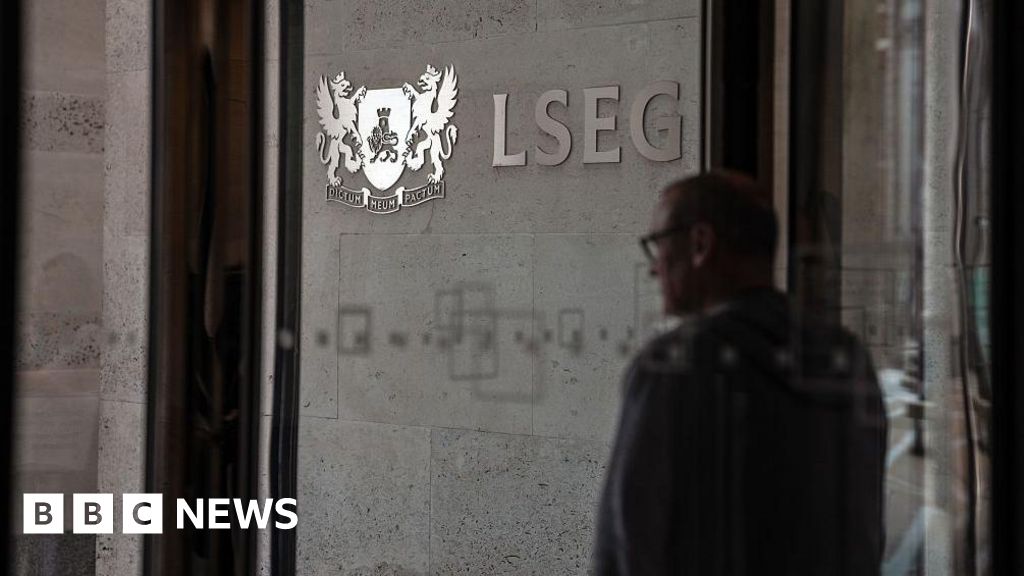
Borrowing costs have surged sharply, and the pound has fallen after a tearful appearance by Chancellor Rachel Reeves in parliament.
Reeves was at Prime Minister’s Questions on Wednesday following the government’s U-turn on plans to cut benefits.
Markets reacted after her emotional state sparked speculation about her position in government.
Sterling fell notably, down 1% against the dollar, although it has recently been trading very strongly.
Borrowing costs also soared, in one of the biggest one-day moves since October 2022 when markets were in turmoil after Truss’s mini budget, which eventually led to her downfall.
The rise eased slightly after Prime Minister Keir Starmer’s press secretary tried to quell rumours that Reeves might be replaced.
“The chancellor is going nowhere, she has the prime minister’s full backing”, they said, although Starmer himself declined to give her a public show of support.
But the rise in yields then resumed, with borrowing costs remaining elevated.
The reversal of welfare reforms puts an almost £5bn black hole in Reeves’ fiscal plans.
The rise, at least at first, was caused by the suggestion the chancellor might step down, suggests she retains market credibility.
But the fact borrowing costs remain higher, suggests wider concerns about the government’s Budget maths are starting to materialise.
When asked why Reeves appeared upset, a Treasury spokesperson said it was a “personal matter” that had caused her distress.
The movements in the pound and gilt yields are “a sign of fiscal stress, which the UK has had to weather before,” said Kathleen Brooks, research director at XTB.
The FTSE 250, which is more exposed to UK policies than the FTSE 100, closed down 1.34%.






